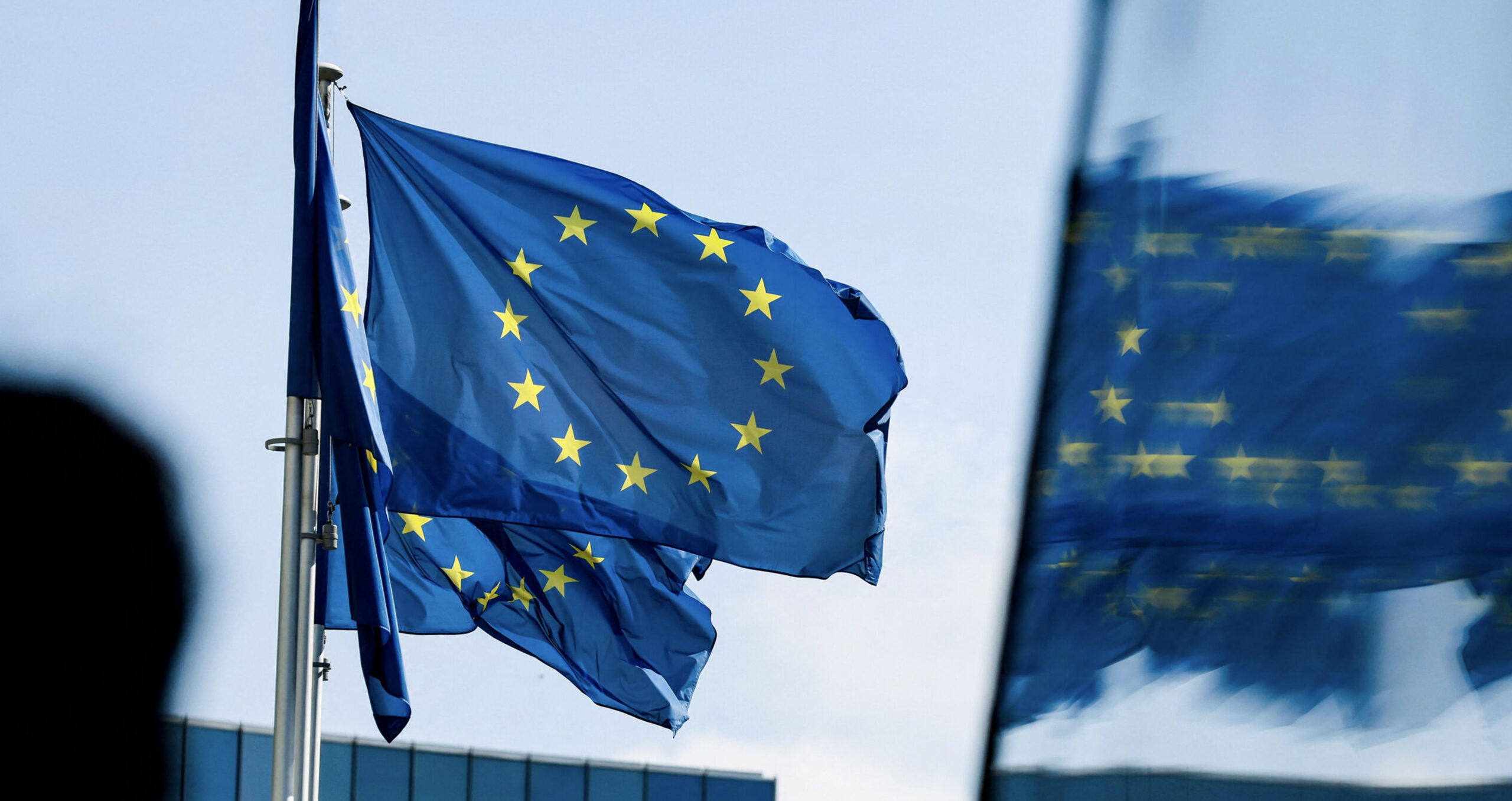
EU climate commissioner nominees support 90% emissions cut by 2040

Wopke Hoekstra and Maroš Šefčovič defy critics by pledging support for stronger climate action and a tighter emissions trading system in the EU
In hearings in the European parliament on Monday and Tuesday, candidates to replace Frans Timmermans as EU climate commissioner, Wopke Hoekstra and Maroš Šefčovič, pledged continued support for the EU Green Deal and to act in line with science.
“I am in love with the [EU emissions trading system],” Hoekstra, the EU commissioner designate for climate action, told the parliament on Monday evening. “It is the crown jewel, the working horse” of EU climate action, he continued, as he tried to persuade MEPs to back his nomination.
Timmermans was a force in Brussels, pushing forward the EU’s efforts to cut emissions and protect nature in the face of increasing pushback from some rightwing MEPs. His decision to resign to lead a left-wing alliance into the Dutch elections has left a vacuum, which will be hard to fill.
European Commission president Ursula von der Leyen has decided to split the dossier — if confirmed, former Dutch minister Hoekstra would lead on climate files, while Šefčovič, currently EU commissioner for inter-institutional relations, would take on responsibility for the Green Deal.
Both candidates pledged during their hearings in the parliament to defend EU climate action and the Green Deal, and to take it further.
They also promised dialogue with business, industry, farmers and citizens. In recent months, centre-right and far-right parties across Europe have suggested a slowdown is needed on policies to cut emissions to reduce the impact and costs on people and companies, and fought tooth and nail to stop the implementation of certain parts of the Green Deal, such as the proposed Nature Restoration Law.
Both Hoekstra and Šefčovič said they personally supported an emissions reduction of “at least” 90 per cent by 2040, compared with 1990, as advised by the European Scientific Advisory Board on Climate Change in June 2023. They also insisted, however, that final agreement would depend on an impact assessment and the EU’s usual sign-off processes.
Kerosine tax
Green politicians and non-governmental organisations have questioned Hoekstra’s suitability to become climate commissioner given his professional history — he previously worked for energy major Shell, and as Dutch finance minister oversaw €3.4bn in support to aviation company KLM during the Covid-19 crisis. Questions were also asked during the hearing about his party’s climate record during its time in government.
“Fossil fuels must become history,” Hoekstra told MEPs. The fact that “certain oil majors knew” about the impacts of oil, gas and coal “increases their responsibility to solve climate change”, he added.
Hoekstra promised to “work non-stop” to phase out fossil fuels, suggesting a global tax on kerosine to reduce emissions from aviation as one concrete solution he would pursue if his nomination is confirmed as commissioner.
Conflict of interests?
Šefčovič is a European Commission veteran and was previously in charge of the EU energy union strategy.
Certain MEPs were troubled during Tuesday’s hearing, however, not just about his lack of detail when answering certain questions, but his relationship with Robert Fico, the former Slovakian prime minister who won the country’s elections on Sunday with his pro-Russian stance. In 2019, Šefčovič stood as a candidate in the Slovakian presidential race, with the support of Fico’s Smer party.
If approved by the various parliamentary committees, a vote will be held in plenary on October 5 on both appointments.
Similar Articles

Farmland investment and ‘green grab’ threatens food security

In Brief: US EPA issues final methane emissions reporting rule; Australia publishes ‘Future gas strategy’


